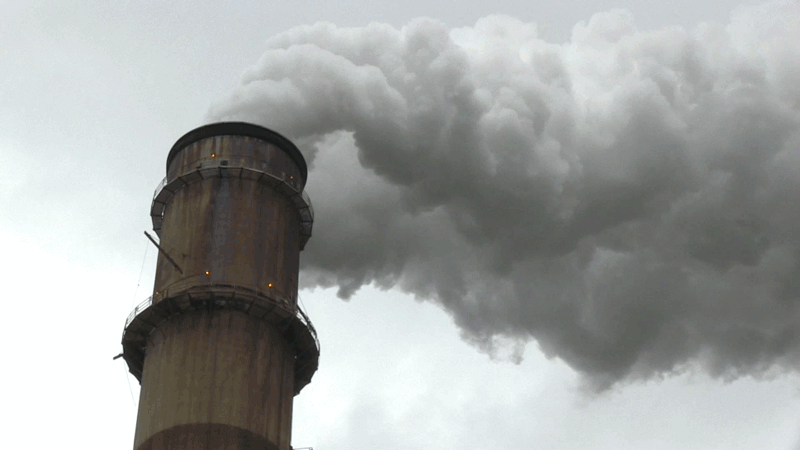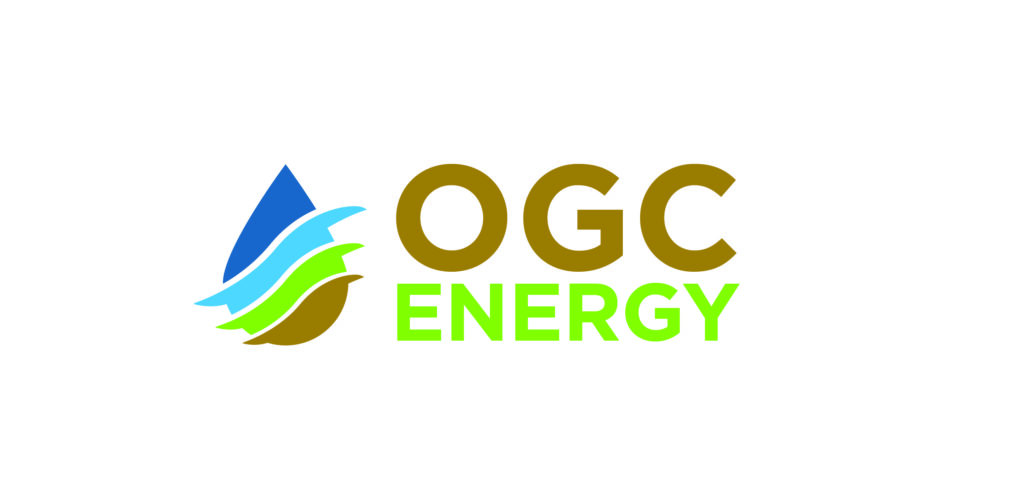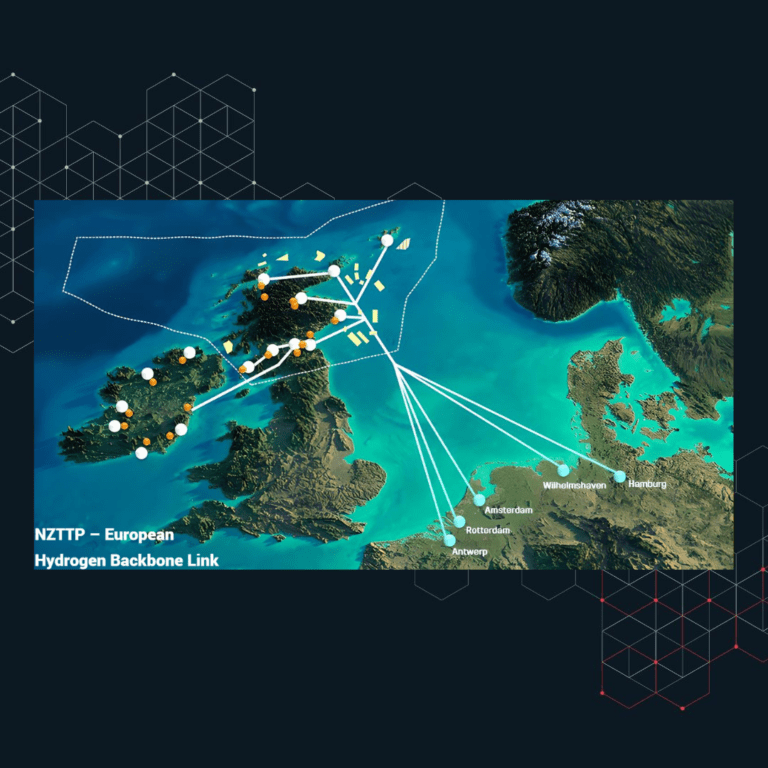DEfine CO₂ Impurities: Decrease Emissions – An experimental lab-based project

As the adoption of CCUS continues globally, and OGC Energy continues to work on global projects providing expert corrosion and material selection advice, it has become clear that a knowledge gap is present within CCUS. This knowledge gap has arisen due to the arrangement of modern CCUS networks. Rather than a vertically integrated system, as seen in enhanced oil recovery or acid gas disposal, modern networks use a centralised transport operator that gathers CO₂ from a network of emitters before sending this blended gas to be sequestered offshore.
This configuration leads to a gas stream which is contaminated with a mixture of impurities, the composition of which will vary from project to project. It is this contamination which leads to the knowledge gap. It has been shown that in certain combinations, these impurities can lead to aggressive corrosion through the formation of acids, solid deposition, and erratic phase behaviour. Currently, no standards are available for the transport of CO2 with impurities, though OGC Energy’s work with the IOGP is working to change this, leaving several questions for any industrial CCUS project.
To address this gap, OGC Energy has been working on DECIDE, an experimental lab-based project which aims to answer some of the questions surrounding CCUS, and potentially validate thermodynamic modelling. To date, OGC Energy has worked alongside corrosion specialist Dr Kyra Sedransk Campbell, at the University of Sheffield, to develop a series of experiments which will look at several prolific impurities within CCUS, determining which are ‘Red Card’ impurities, likely to cause excessive corrosion risk. Currently, 5 impurities are the focus of the work, though further studies would expand this, or potentially look at novel impurities as exotic flue gas compositions are added to networks.
To facilitate these experiments a flow loop is also under development, in partnership with Matt Kitchen and Sheffield Hallam University. This flow loop will be able to perform static autoclave experiments as well as simulate flow over coupons or a sacrificial pipe section. Further work is planned to finalise gas analysis as well as CO2 recovery, avoiding the venting of CO2 gas is a priority for the DECIDE project.
Both of these works were made possible through the Sheffield Innovation Partnership, allowing OGC Energy to work closely with an academic to facilitate growth within a new sector. As DECIDE matures, OGC Energy will be collaborating with specialists across the supply chain, from the IFE in Norway, the IFS in England, and the DTU in Denmark. It is this holistic approach to corrosion management, where each step of the sequestration process is considered.

OGC Energy will be presenting their work, both in industry and developing DECIDE, at the AMPP annual conference in March, as well as at the AGIS IX conference in May. A recent partnership with Gas Liquids Engineering in Canada will ensure that OGC Energy continues to stand at the forefront of CCUS and give straightforward materials advice to the CCUS industry.




